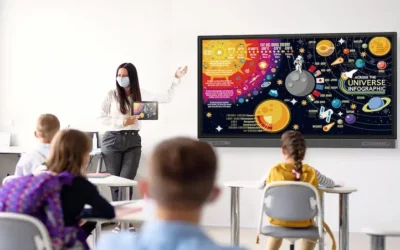In today’s rapidly evolving world, the integration of Artificial Intelligence (AI) into our daily lives has become more than just a futuristic concept. It has become a reality that’s shaping the landscape of various industries in profound ways. AI is not just the future; it’s the present. In this blog, we will delve into the tangible and transformative impact of AI on various industries, showcasing real-life examples of how this technology is revolutionizing the way we live and work.
Table of contents
- The Rise of AI
- AI in Healthcare: Saving Lives and Enhancing Diagnosis
- Transforming Transportation with Autonomous Vehicles
- AI in Finance: Revolutionizing Investment and Banking
- Personalized Learning and Education
- AI and the Entertainment Industry
- The Impact on the Job Market
- Ethical Considerations and AI Regulation
- Challenges and Considerations
- The Future of AI: What Lies Ahead
- Conclusion
The Rise of AI
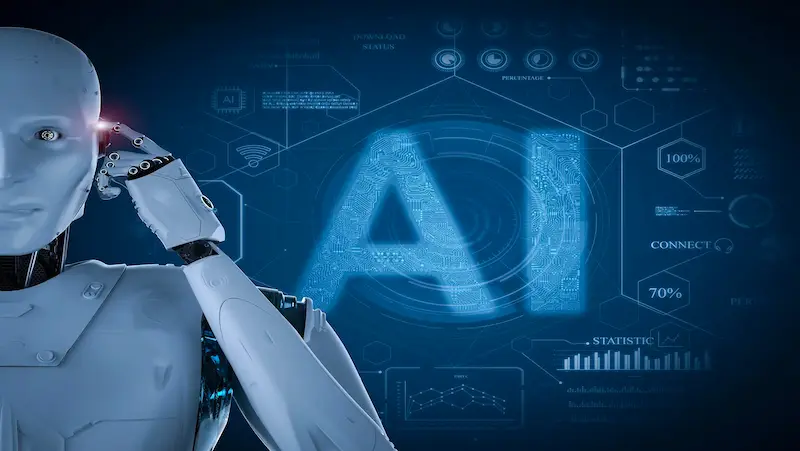
Artificial Intelligence has come a long way since its inception. What began as a theoretical concept has now become a powerful reality. Thanks to advancements in machine learning, deep learning, and big data analytics, AI systems have become increasingly sophisticated and capable of performing complex tasks that were once the exclusive domain of humans. Let’s look at how AI is affecting various sectors that have a direct impact on our day-to-day lives.
AI in Healthcare: Saving Lives and Enhancing Diagnosis

Artificial intelligence is making tremendous strides in the healthcare sector. From aiding in early disease detection to improving patient care, AI is a game-changer. For instance, AI algorithms can analyze medical images, such as X-rays and MRIs, with unparalleled precision. Companies like IBM’s Watson Health are developing AI-powered systems that help doctors make more accurate diagnoses by sifting through vast amounts of medical data, including patient records and clinical studies. AI’s potential in healthcare is not only enhancing patient outcomes but also relieving healthcare professionals of time-consuming tasks, allowing them to focus on critical decisions.
Transforming Transportation with Autonomous Vehicles
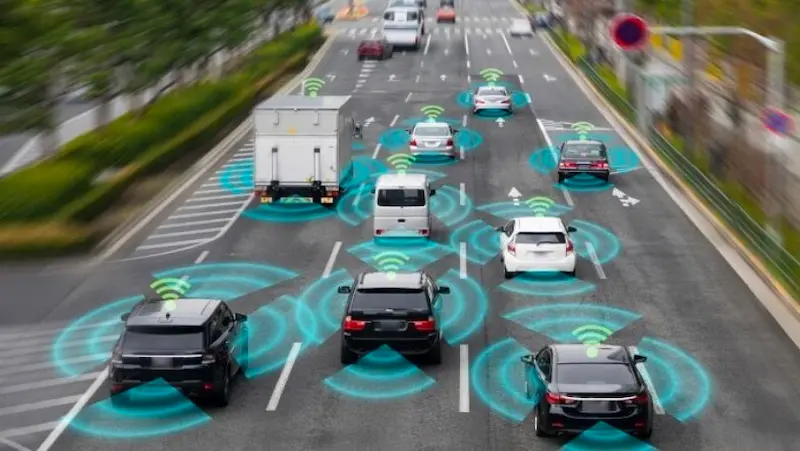
The automotive industry is experiencing a profound transformation thanks to AI-driven autonomous vehicles. Companies like Tesla, Waymo, and Uber are pioneering the development of self-driving cars, with AI at the core of their technology. These vehicles use sensors and machine learning algorithms to navigate roads safely and efficiently. The promise of self-driving cars extends beyond convenience; it holds the potential to reduce accidents and traffic congestion, lower fuel consumption, and fundamentally change the way we commute.
AI in Finance: Revolutionizing Investment and Banking
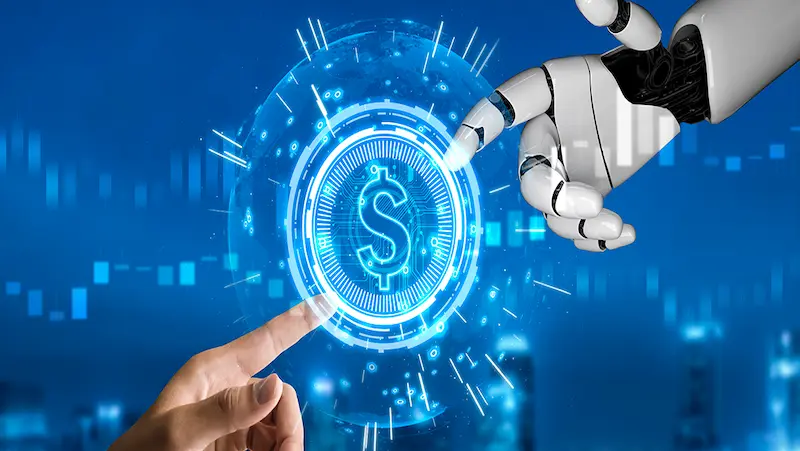
Finance is another sector that’s being reshaped by AI. Algorithmic trading, robo-advisors, and AI-driven fraud detection systems are now common in the financial industry. These AI-powered tools can analyze vast datasets in real-time, helping investors make more informed decisions and financial institutions safeguard against fraud. Additionally, chatbots powered by AI are providing customer support and streamlining banking processes, making financial services more accessible and efficient.
Personalized Learning and Education
In the field of education, AI is facilitating personalized learning experiences. Adaptive learning platforms use AI algorithms to tailor educational content to individual students’ needs. These platforms track a student’s progress and adapt the curriculum in real-time, ensuring that each student receives the right level of challenge and support. Moreover, AI-driven chatbots and virtual tutors are providing assistance to students outside of traditional classroom hours, making education more accessible and interactive.
AI and the Entertainment Industry
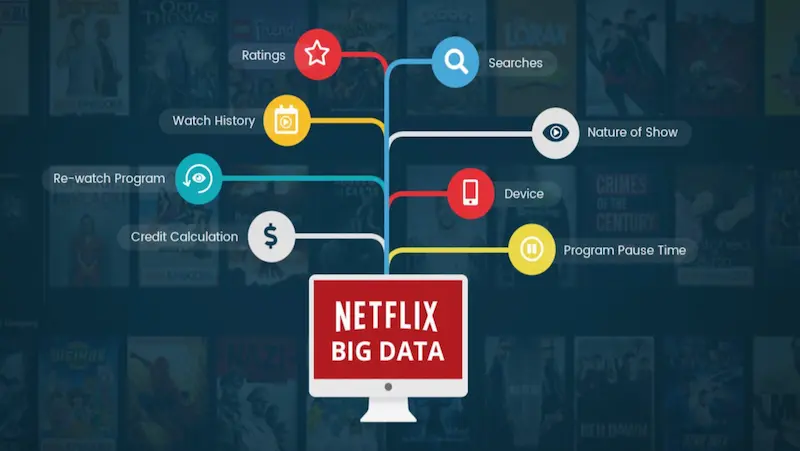
AI is also enhancing the entertainment industry. Streaming platforms like Netflix and Amazon Prime are using AI algorithms to recommend content to viewers based on their preferences and viewing history. In music, AI-generated compositions and lyrics are gaining popularity. AI-powered special effects and computer-generated imagery (CGI) are revolutionizing the film industry, allowing for more realistic and cost-effective visual effects.
The Impact on the Job Market
While AI is transforming industries for the better, it’s also raising concerns about job displacement. Some jobs that involve repetitive tasks are being automated, leading to worries about unemployment. However, AI is also creating new job opportunities in fields like data science, machine learning, and AI development. The key lies in reskilling the workforce to adapt to this changing landscape and harness the potential of AI to augment human capabilities.
Ethical Considerations and AI Regulation
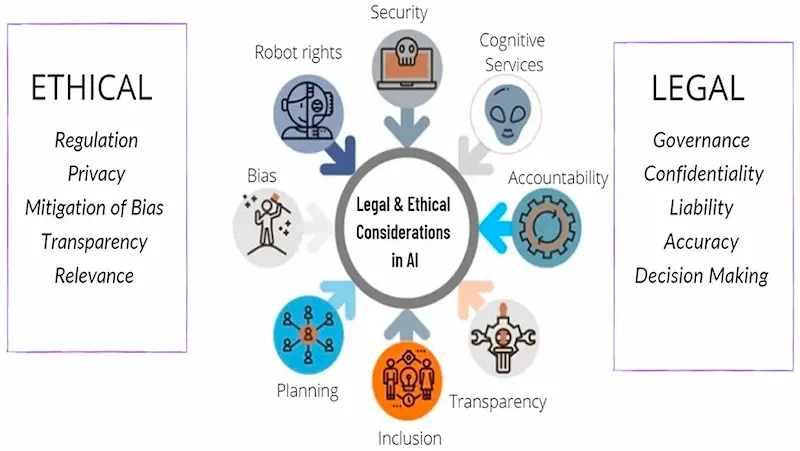
As AI becomes more ingrained in our lives, ethical considerations and regulation become paramount. Questions about data privacy, bias in AI algorithms, and the responsible use of AI are gaining prominence. Governments and organizations worldwide are working on establishing guidelines and regulations to ensure that AI is used for the benefit of society while minimizing potential harm.
Challenges and Considerations
While the impact of AI on future industries is undeniably positive, there are challenges and ethical considerations that need to be addressed. One of the primary concerns is the displacement of human jobs as automation becomes more prevalent. However, AI also creates opportunities for new types of jobs that focus on developing and maintaining AI systems.
Another challenge is ensuring the ethical use of AI. Issues related to bias in AI algorithms, data privacy, and the potential misuse of AI for surveillance and control must be carefully monitored and regulated.
The Future of AI: What Lies Ahead
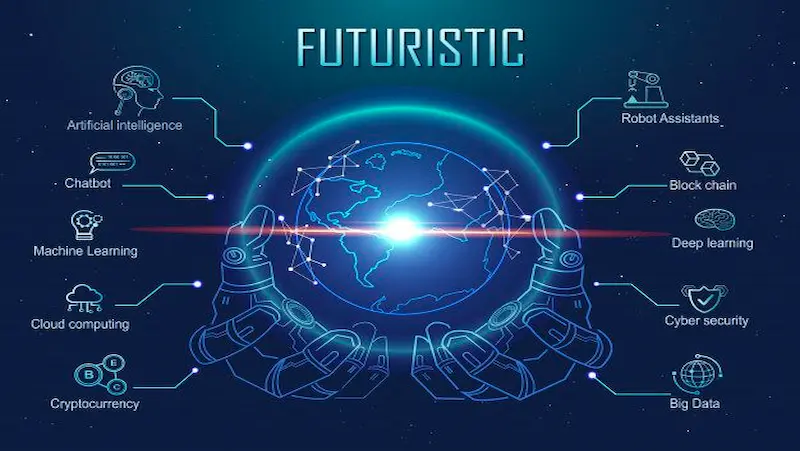
As AI continues to evolve, we can expect even more profound transformations across industries. Improved natural language processing will enhance communication, while AI-driven innovation will create entirely new fields and job opportunities. However, it’s crucial to approach these advancements with an ethical and responsible mindset to ensure they benefit society as a whole.
Conclusion
In conclusion, the impact of Artificial Intelligence on future industries is tangible and transformative. It’s not just about technology; it’s about how AI is reshaping our lives, from healthcare and transportation to finance, education, and entertainment.
While AI brings immense opportunities, we must also address the ethical and societal challenges it poses. The key is to harness AI’s potential responsibly, ensuring a future where AI enhances rather than replaces human capabilities.
To get your hands on more educational and free resources on coding for kids, robotics for kids, financial education for kids, etc., do check out the BrightCHAMPS Page now!
Check out Brightchamps Blog Page to read about more informative and knowledgeable content for free!

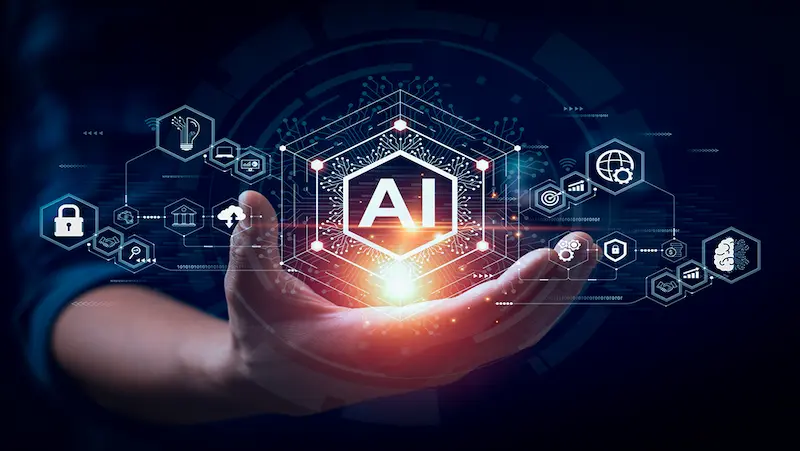
 We are an army of educators and passionate learners from BrightChamps family, committed to providing free learning resources to kids, parents & students.
We are an army of educators and passionate learners from BrightChamps family, committed to providing free learning resources to kids, parents & students.









